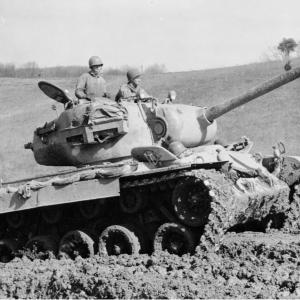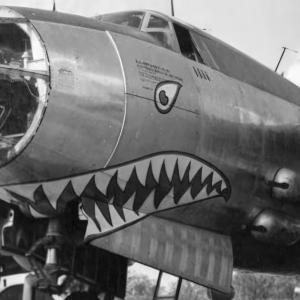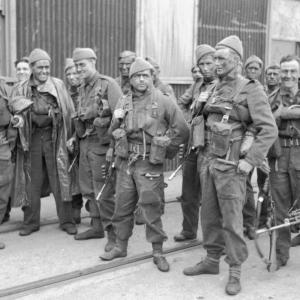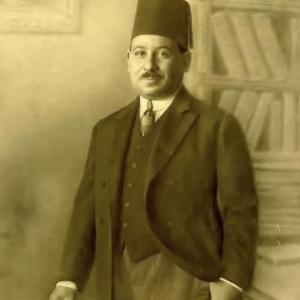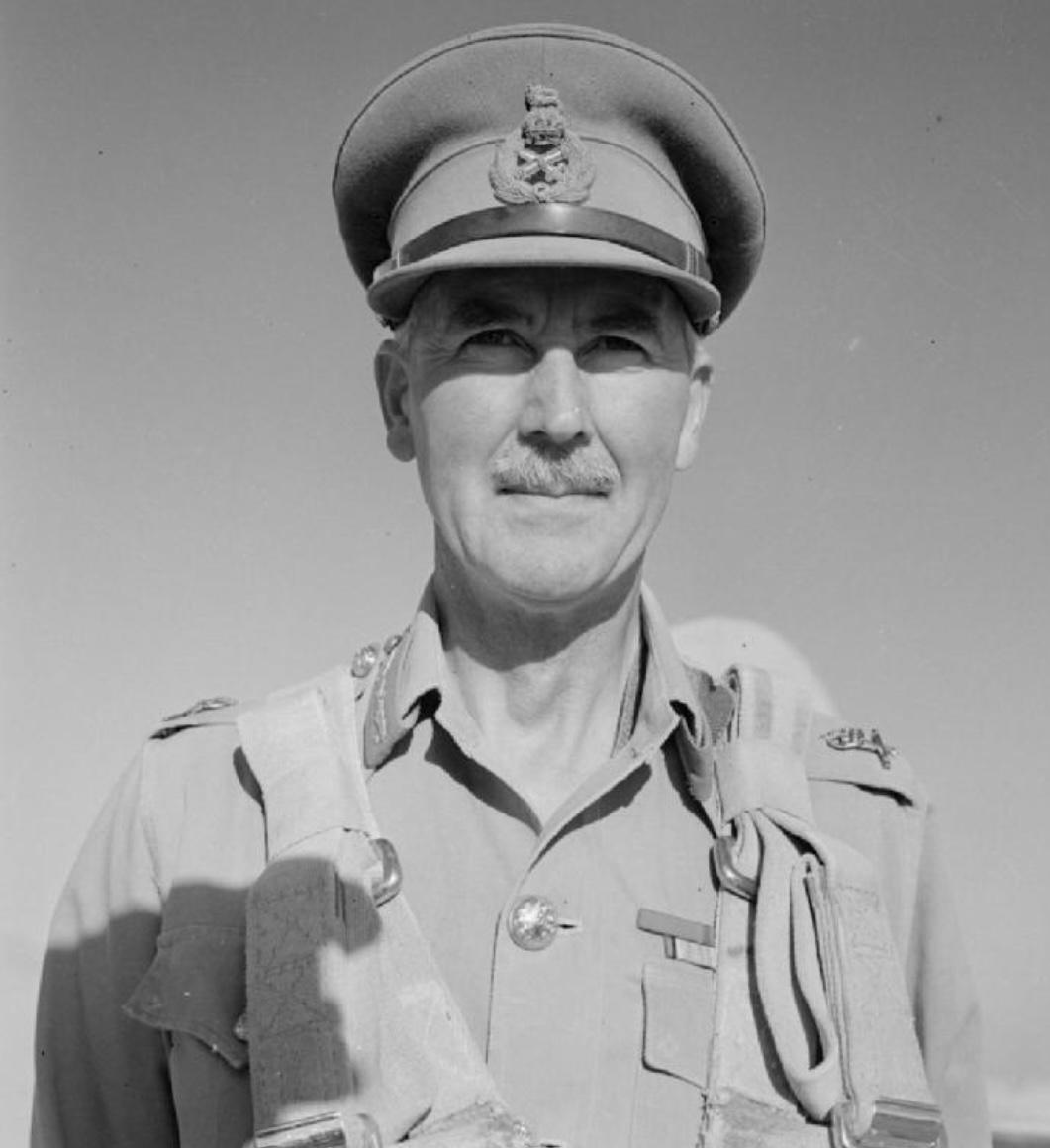
General Alan Cunningham
Alan Cunningham was a British Army officer whose career rose steadily through the first half of the twentieth century, and who became deeply involved in the early North African and East African campaigns of the Second World War. He was born in 1887, son of a distinguished naval family, and brother of Admiral Andrew Cunningham. Alan was educated in Britain and chose to enter the army rather than follow the sea traditions of his family. He was commissioned in 1906 into the Royal Artillery and began his career in the British colonial army world of the early 20th century. He served with skill in the First World War, where he gained valuable experience in command, artillery coordination, and mobile warfare in desert and rough terrain environments. These early years helped shape the kind of commander he would later become.
Between the wars Cunningham served in a number of staff and field appointments within the empire. He was posted to several different theatres, and he gradually built a reputation for being calm, methodical, and able to operate in harsh climates. In the 1930s he was already recognised as a capable officer and by the outbreak of the Second World War he had risen to general officer rank and was thought suitable for major overseas command roles.
Cunningham’s first major command in the Second World War came in East Africa. This was a theatre that is often overshadowed by the later desert battles, but it was vitally important in early 1941. Italy had colonies in East Africa and the Italian army there posed a threat to British interests in Sudan, Kenya and across the Red Sea. Cunningham was given overall command of British and Commonwealth forces in Kenya. Over the following months he planned and then spearheaded a successful offensive which broke the Italian military presence in East Africa. His troops advanced through Somaliland, Eritrea and Ethiopia, capturing the major Italian positions and ultimately forcing the surrender of the Italian viceroy, the Duke of Aosta, at Amba Alagi in May 1941. This was a major strategic Allied victory at a time when there were few successes elsewhere. Cunningham was knighted for this campaign.
With that success, Cunningham was then brought to the main desert war. In late summer 1941 he was appointed to command the newly designated Eighth Army in North Africa. The army he inherited was a mixture of exhausted veterans and partially trained new arrivals after months of back and forth battles against Rommel’s Afrika Korps. Cunningham oversaw the planning and launch of Operation Crusader in November 1941, a major offensive intended to relieve Tobruk and push Rommel’s forces back. The opening days of Crusader were chaotic, with heavy losses, armoured groups becoming scattered and the situation appearing extremely dangerous. Cunningham became very uncertain about the continuation of the operation. Alexander and Auchinleck, his superiors, did not agree with his assessment and believed momentum was shifting to the British side. After intense debate, Auchinleck removed Cunningham from command and replaced him with Neil Ritchie. This was a painful moment and effectively ended Cunningham’s direct wartime field command career.
Even though his time in North Africa ended sharply, Cunningham had proven himself a highly successful commander in East Africa and his early pushing forward of the Crusader offensive helped lay the path that would still result in Tobruk being relieved. He served in later war years in high level administrative and staff positions. While he would never again lead a field army in battle, he continued to contribute to the war effort and was still respected for his earlier successes.
After the war Alan Cunningham did not disappear from public life. He became the High Commissioner for Palestine in 1945, a post he held through one of the most complex and difficult periods in British imperial administration. He had to deal with escalating tensions between Jewish and Arab communities, the aftermath of the Holocaust, growing Zionist immigration pressures, and the winding down of British Mandate policy. Cunningham stayed in that role until the British withdrawal in 1948. After leaving Palestine he retired from active public service. He lived a relatively quiet life afterwards, writing, reflecting on his service and maintaining contact with military colleagues. He died in 1983 at the age of ninety five.
Cunningham therefore stands as a figure who had two notable military chapters. One was his brilliant East African victory of 1941, which helped secure the Red Sea flank of the Allied war effort. The second was his brief but historically significant role in the early Eighth Army command in the desert campaign. His later years as a senior British official in Palestine underlined how his life continued to intersect with world history long after his field command days were over.

